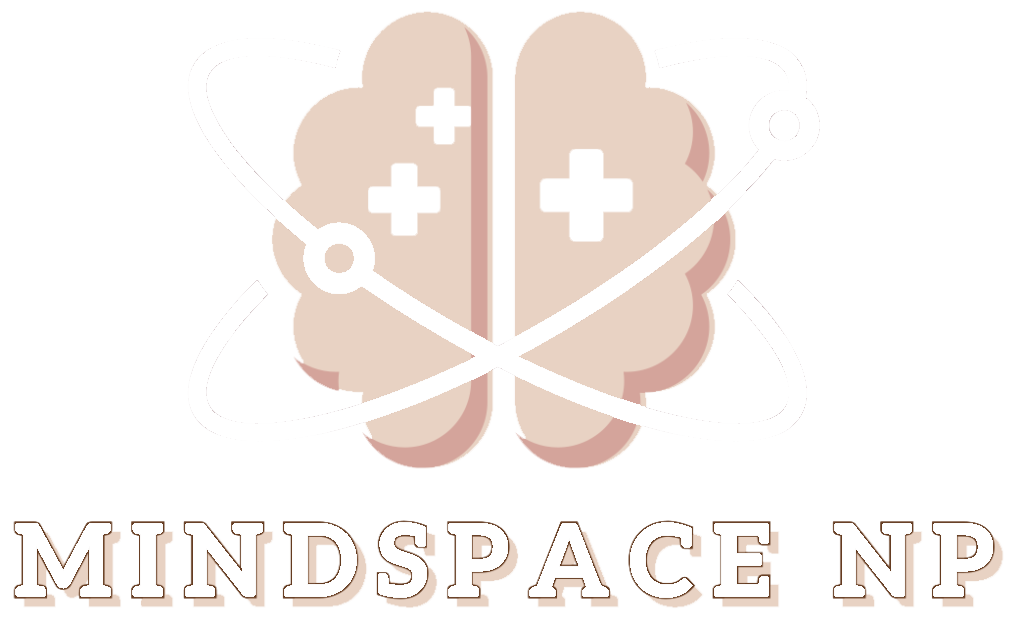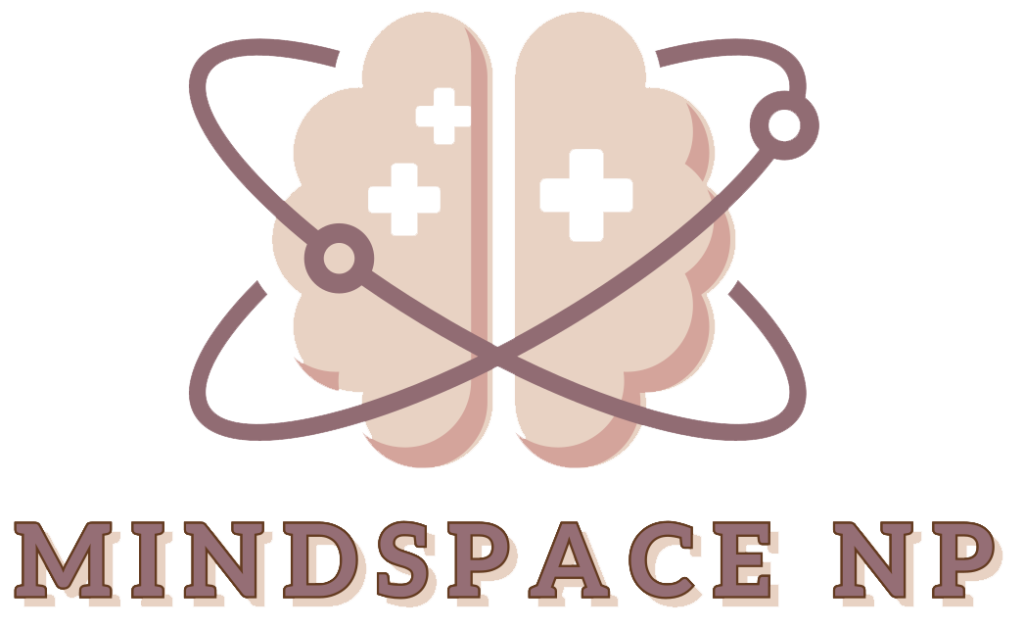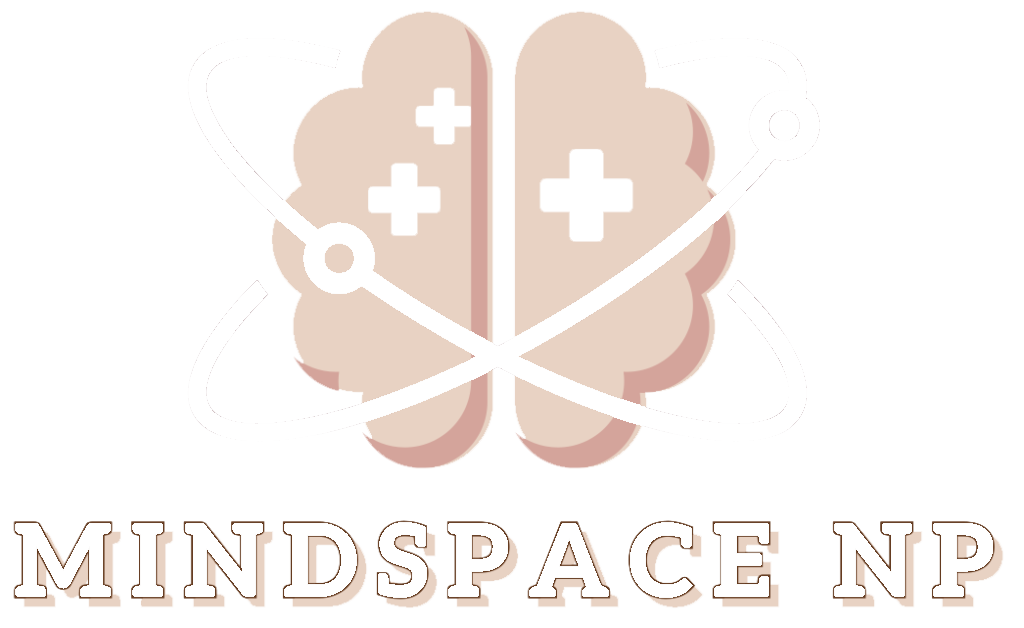For far too long, mental health has been shrouded in silence and stigma, preventing many individuals from seeking the help and support they need. Breaking the stigma surrounding mental health is essential for fostering open conversations and creating a supportive environment where people feel comfortable seeking help and talking about their struggles. In this blog post, we’ll explore the importance of breaking the stigma surrounding mental health and provide practical tips for starting conversations about mental health with compassion and empathy.
Understanding Mental Health Stigma:
Stigma refers to negative attitudes and beliefs that society holds about mental illness. This stigma can manifest in various ways, including stereotypes, discrimination, and social exclusion. Stigma often leads to shame, secrecy, and reluctance to seek help among those struggling with mental health issues. Breaking the stigma surrounding mental health requires challenging these negative attitudes and promoting understanding, acceptance, and support for individuals experiencing mental health challenges.
Why Breaking the Stigma Matters:
Breaking the stigma surrounding mental health is crucial for several reasons:
- Promoting Help-Seeking Behavior: Stigma often prevents individuals from seeking help for mental health issues due to fear of judgment or discrimination. By breaking the stigma, we can encourage people to seek support and access the resources they need to improve their mental health.
- Fostering Understanding and Empathy: Breaking the stigma promotes understanding and empathy towards those struggling with mental health issues. By challenging stereotypes and misconceptions, we can create a more compassionate and supportive society for individuals living with mental illness.
- Preventing Social Isolation: Stigma can lead to social isolation and exclusion for those struggling with mental health issues, exacerbating feelings of loneliness and despair. Breaking the stigma helps to create a sense of belonging and community for individuals facing mental health challenges.
- Encouraging Open Conversations: Breaking the stigma surrounding mental health encourages open and honest conversations about mental illness. By normalizing discussions about mental health, we can create a culture where people feel comfortable sharing their experiences and seeking support without fear of judgment.
Tips for Talking About Mental Health:
- Educate Yourself: Take the time to educate yourself about mental health conditions, treatment options, and available resources. Understanding mental health can help you approach conversations with empathy and knowledge.
- Choose the Right Time and Place: Find a private and comfortable setting to have conversations about mental health. Choose a time when both parties are relaxed and receptive to discussing sensitive topics.
- Listen Without Judgment: Practice active listening and offer empathy and support to those sharing their experiences with mental health. Avoid offering unsolicited advice or minimizing their feelings.
- Use Empathetic Language: Use empathetic language that validates the person’s experiences and feelings. Avoid stigmatizing language or making assumptions about their struggles.
- Be Respectful and Confidential: Respect the person’s privacy and confidentiality when discussing mental health. Avoid sharing their personal information or experiences without their consent.
- Offer Support and Encouragement: Offer support and encouragement to those struggling with mental health issues. Let them know that they are not alone and that help is available if they need it.
Breaking the stigma surrounding mental health requires collective effort and commitment from individuals, communities, and society as a whole. By promoting understanding, empathy, and support for those facing mental health challenges, we can create a more inclusive and compassionate world where everyone feels valued and supported in their mental health journey.


